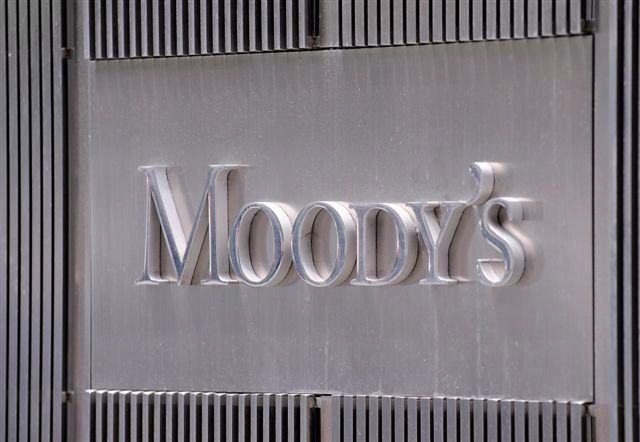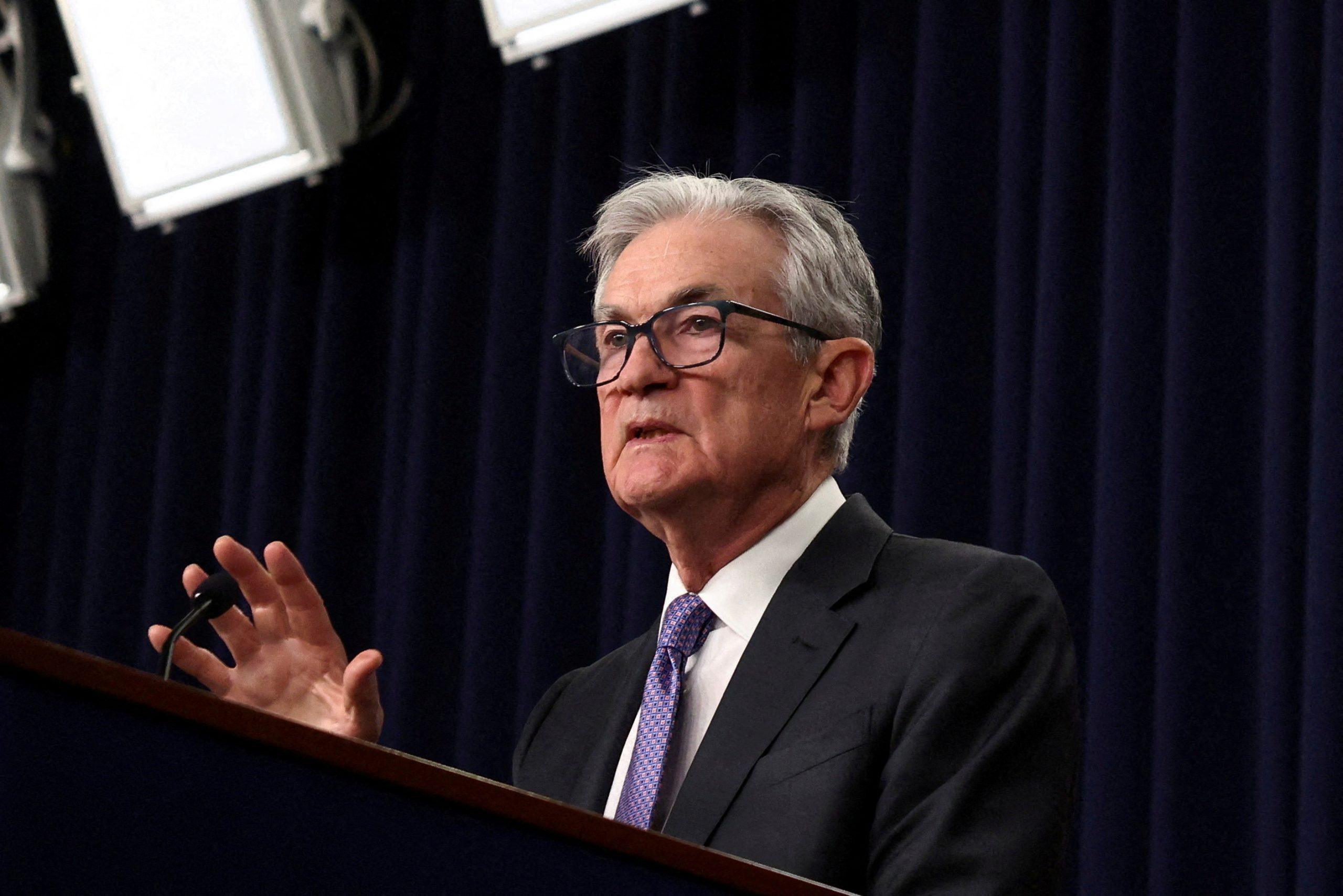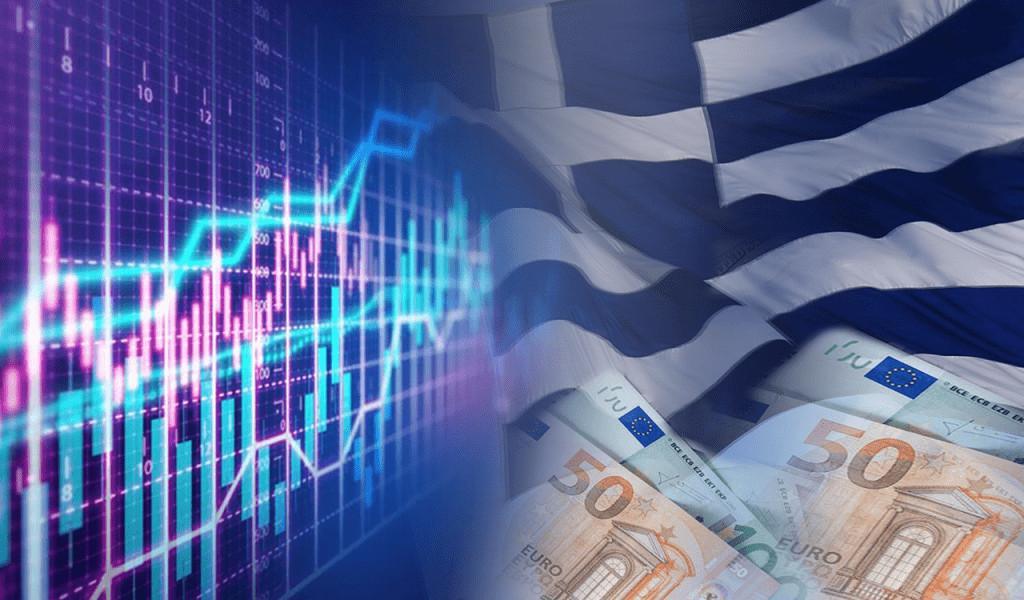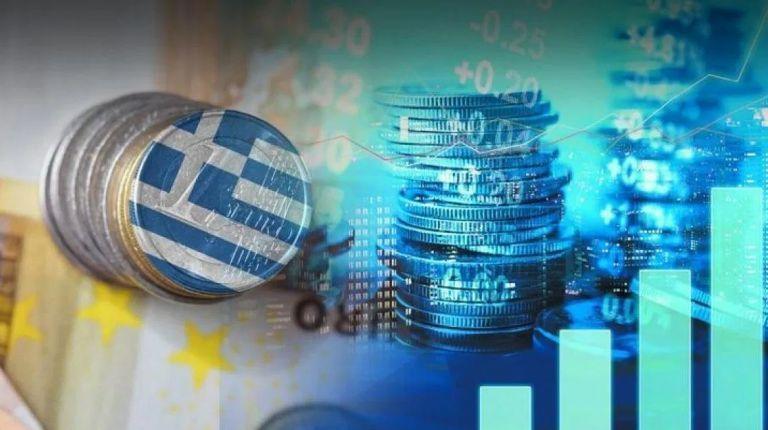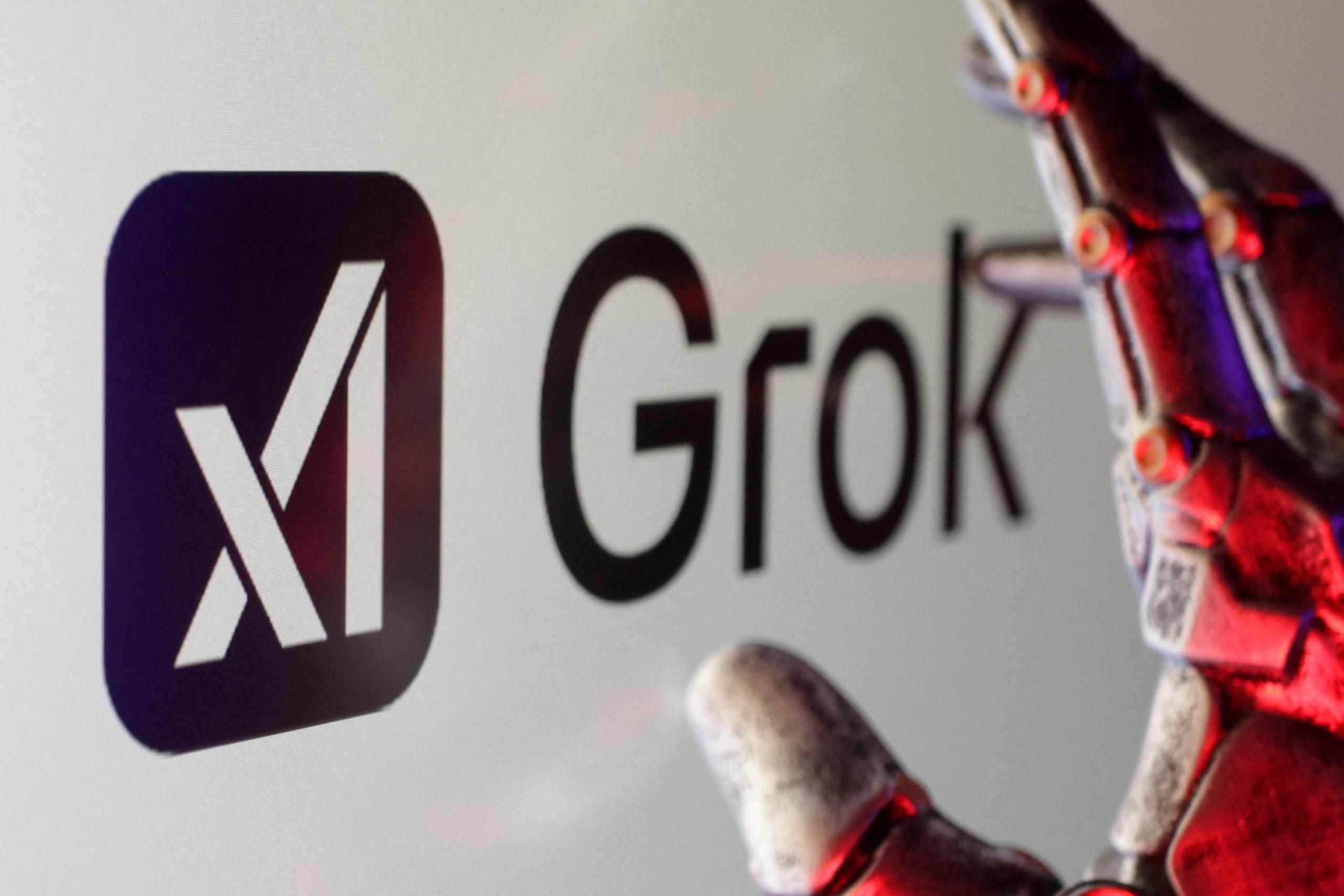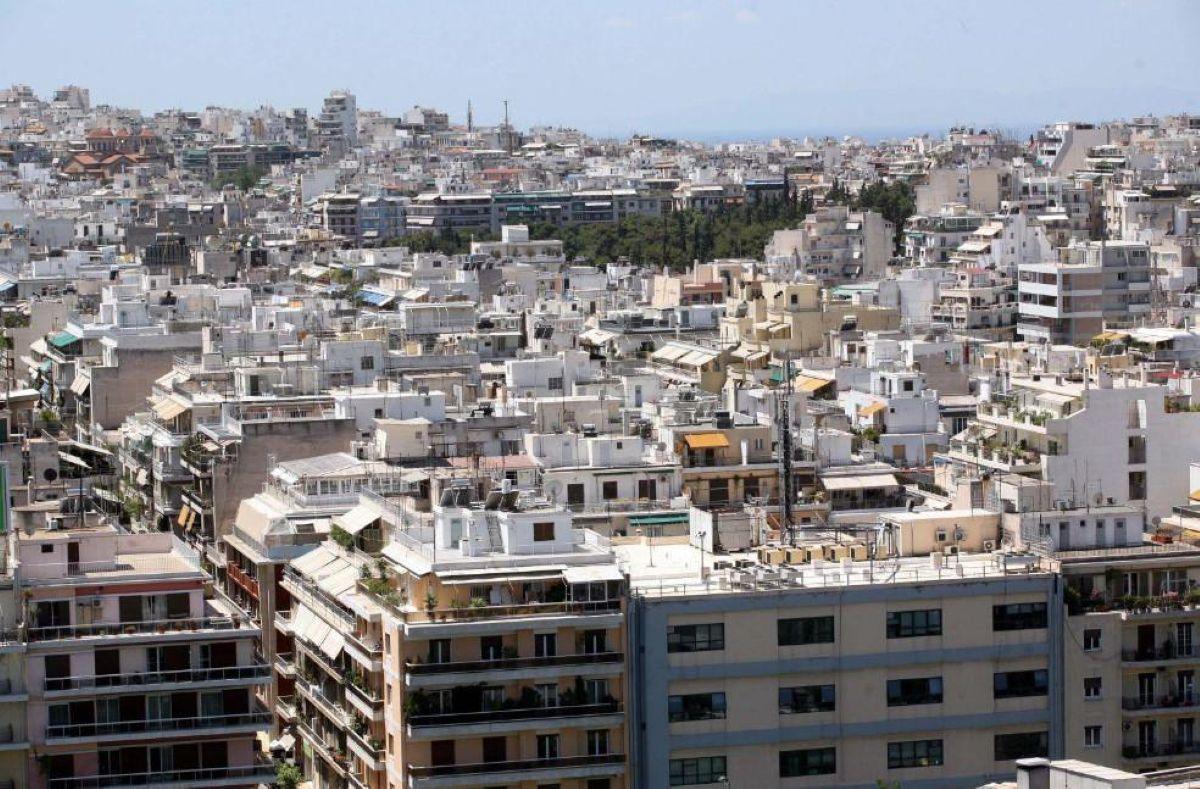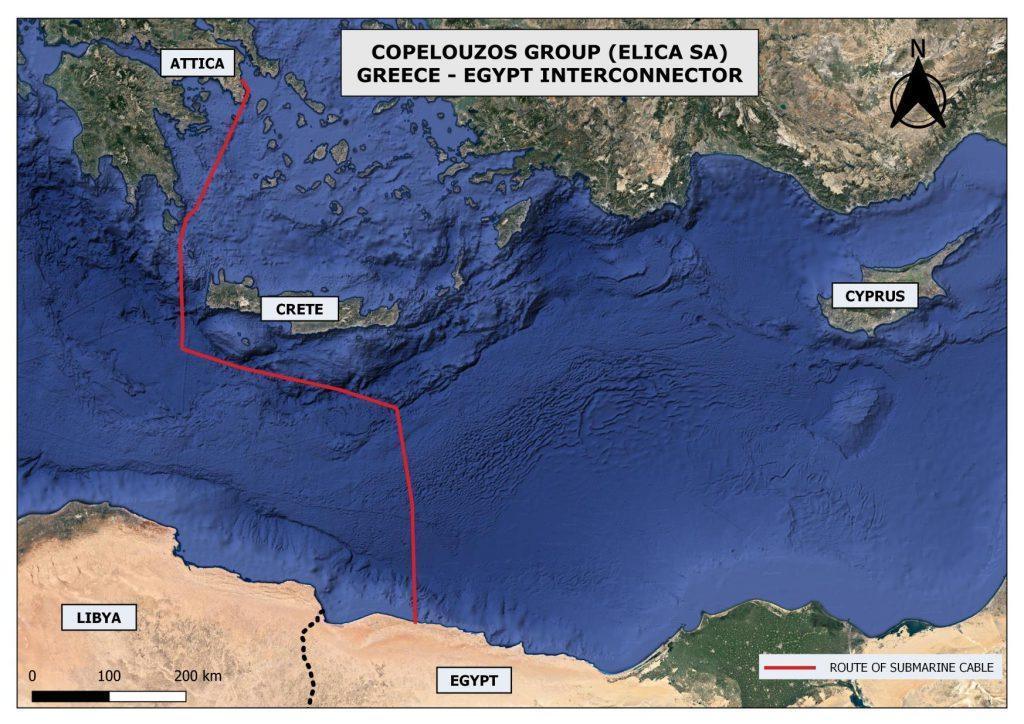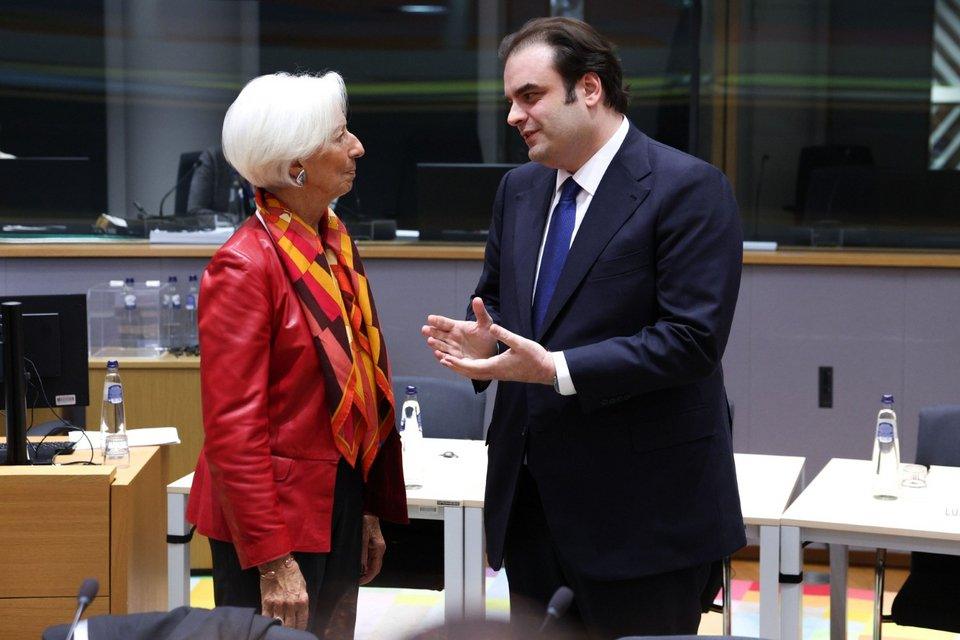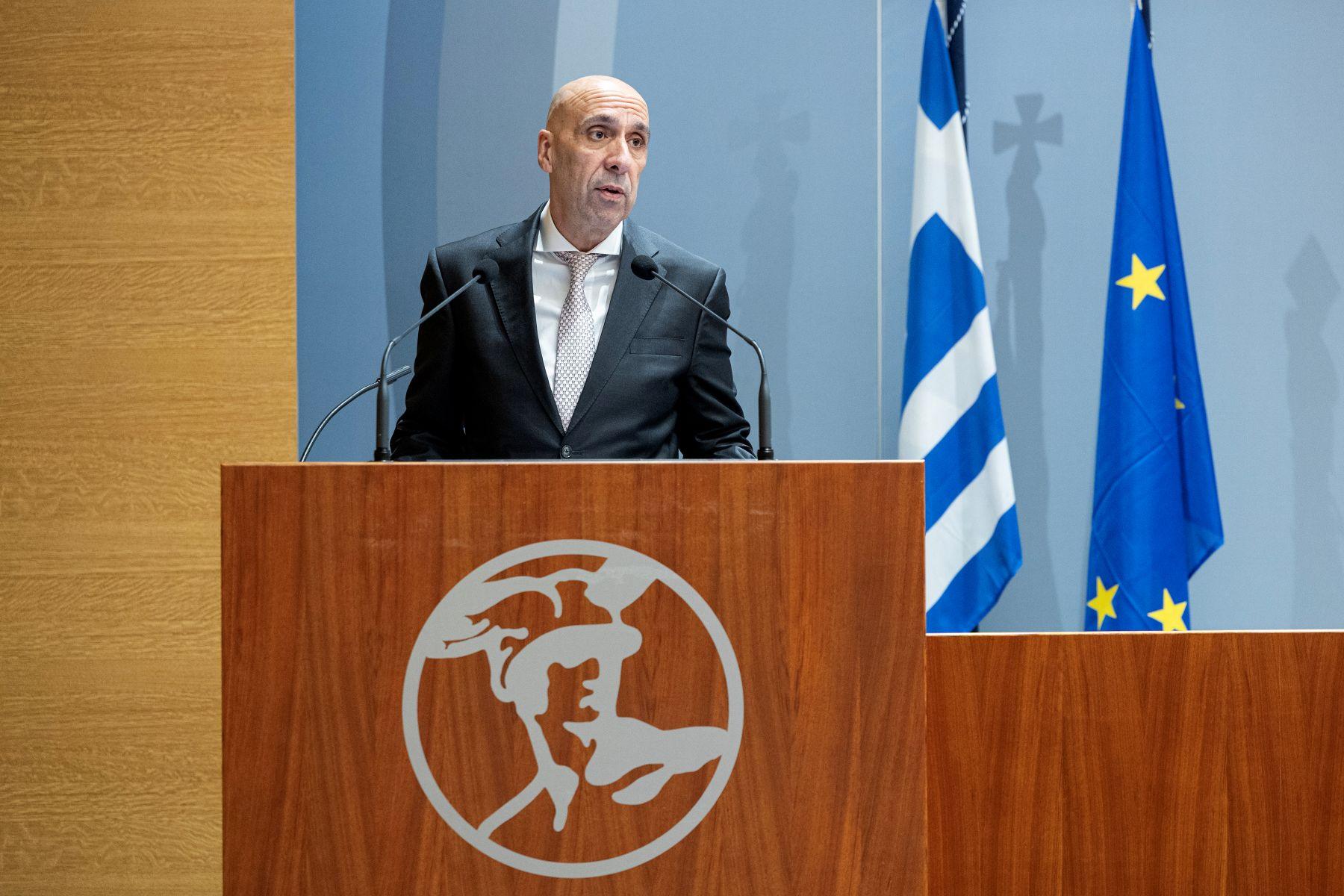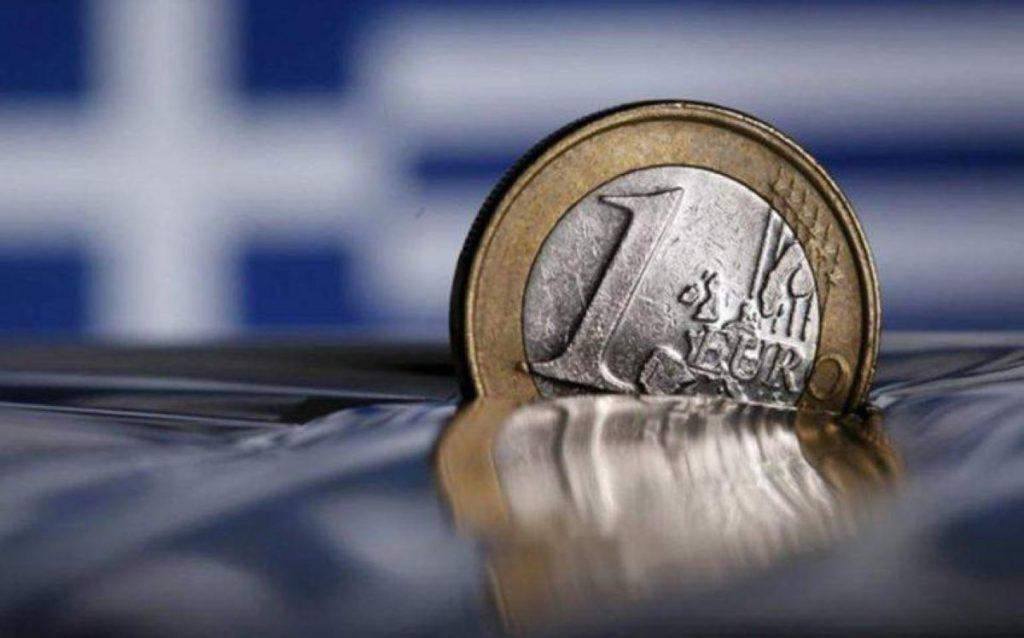Political risk remains high in Greece, Moody’s assessed in a report on 29 September, among other things, examining how the elections affect the country’s credit profile. As it estimates, the change in the electoral law, with the abolition of the bonus of 50 seats, makes it unlikely that a party will win an absolute majority or enough seats to form a stable governing coalition.
Therefore, a second round of elections in which some seat bonus will be reinstated and a period of a few weeks or more for the formation of a government is the most likely scenario for this house.
Reforms
The international ratings agency, although it predicts that more time will be required for the formation of a government, considers that the risk of a reversal of the reforms or a substantial change in the course of fiscal and economic policy is low, although creditors require Greece to continue fiscal prudent fiscal policies further promoting the necessary institutional and structural reforms.
Read also: Greek economy can prevail without a new exit to markets
However, according to the common consensus of analysts’ estimates, the deep recession in which the eurozone is foreseen to find itself in 2023, as well as the electoral cycle, are expected not only to slow down the growth rate of Greece’s GDP, but also to delay the acquisition of “investment grade” by the rating agencies possibly, conditionally, at the end of next year or even later, as the question is whether the country will achieve the primary surplus it has committed to for next year.
The election scenarios
Today the markets expect elections next May for at least two rounds. Thus, the upgrade to “investment grade” of Greece could come, according to pundit estimates, at the earliest a few months after the assumption of the new government and after the first signs that the country has not forsaken its commitments.
It should be noted that Moody’s assesses Greece with “Ba3” and stable outlook (three steps below investment grade), maintaining the worst rating from the other houses, as Fitch with “BB” and positive outlook is two steps below investment grade, while S&P with ‘BB+’ and DBRS with ‘BB high’, with a stable outlook, are one breath (just one grade) away from the Investment Grade IG threshold.
As the investment category includes bonds with ratings of BBB-/Baa3 or better, in order for Greece to obtain it, one of these four agencies, which are accepted by the Eurosystem as external credit rating agencies, will have to upgrade the Greek State to investment grade.
